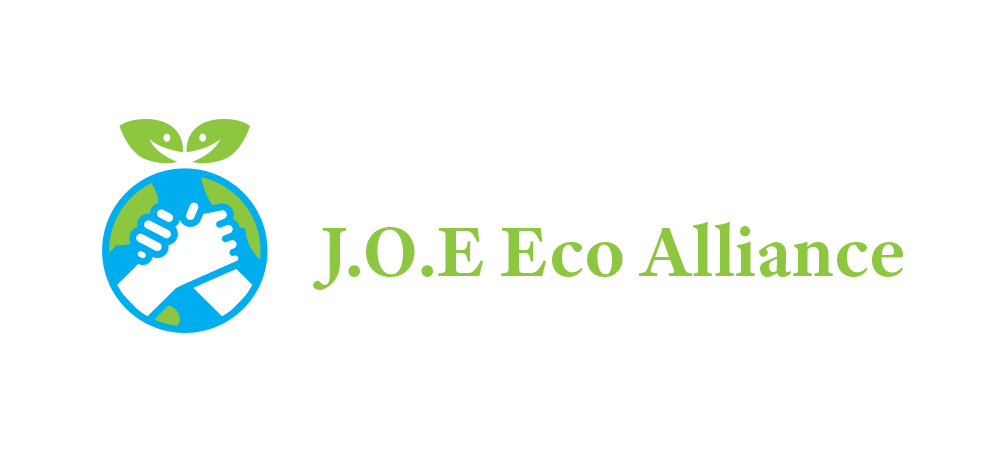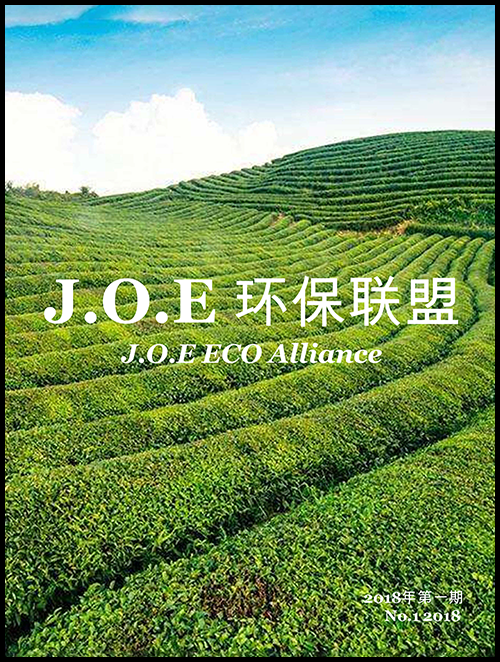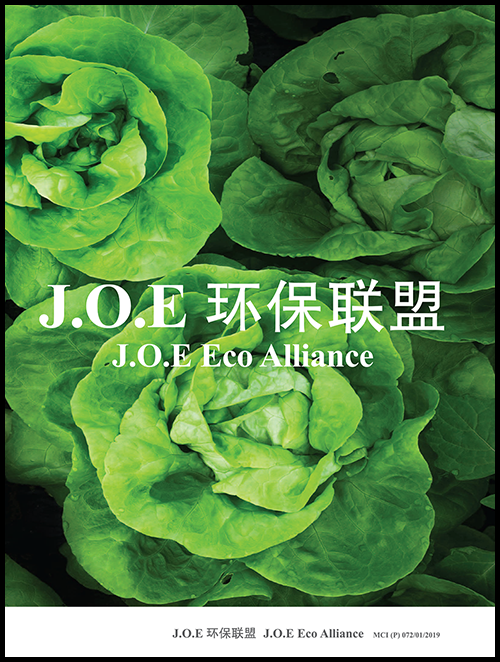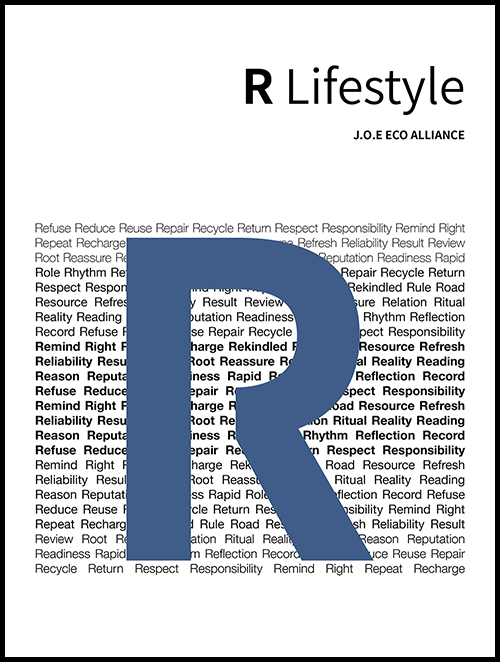All schools to be certified SG Clean by end-March
清洁员工每天清洗厕所和设施至少两次,并用不同颜色的抹布区分消毒和一般清洗工作,而学生也开始用消毒液抹自己的桌子。岗丽中学在过去一个月加强卫生工作,是其中一所获颁“新加坡保洁”质量标准的学校。
新加坡保洁运动(SG Clean)自上个月中启动以来,超过95%学校和大专学府已响应,达到SG Clean标准,预计到了月底,所有381所学府会获认证。
最初在小贩中心和食肆推出的新加坡保洁质量标准陆续扩大到酒店、零售店等,全岛有超过5000个地点达到这个清洁标准。国家环境局希望通过这套标准,鼓励各领域维持场所干净,定期接受清洁与卫生水平的检查。
环境及水源部长马善高昨天连同教育部兼人力部高级政务次长刘燕玲走访岗丽中学(Kent Ridge Secondary School),了解校方如何加强清洁工作,同时培养学生的社会责任。
马善高指出,各领域积极响应新加坡保洁运动,学校也能利用这个机会向学生灌输保护环境清洁的价值观。
我们须确保清洁与个人卫生意识成为对抗冠病的第一道防线。这套标准不是一次性的认证,各领域业者会承诺维持清洁水平。
环境及水源部长 – 马善高
刘燕玲也指出,学校自2017年起已让学生负起清洁课室的责任,今年也在全民防卫日推展Wipe Down运动,鼓励学生用餐后自行清理餐桌,培养个人社会责任。“在这段抗疫时期,社会与心理防卫更是关键。”
岗丽中学师生在这段期间设计同防疫内容相关的Whatsapp贴纸,一些班级也陆续增添消毒液和纸巾,让学生每天清洁各自的桌子,这么一来也可以减轻清洁员工的负担。
中二学生刘爱贤(14岁)受访时说,大家休息时都会利用食堂内提供的纸巾,沾上消毒液来抹餐桌。“本地出现冠病疫情会,我觉得自己的卫生意识提高了,会更常洗手,留意自己的健康,母亲也给我吃维生素丸。我所学到的防疫知识,也会同家人分享。”
马善高:不仅对抗冠病
也与防蚊工作相辅相成
接下来,陆路交通管理局、海事及港务管理局以及民航局也将响应新加坡保洁运动。
马善高提醒公众,新加坡保洁运动不仅是对抗冠病,与防蚊工作也是相辅相成的。根据国家环境局的资料,过去三年,超过3000个伊蚊滋生处在公共场所的容器内发现,这些容器约65%是公众乱丢的垃圾。
自今年开始以来,感染骨痛热症第三型病毒(DENV-3)的病例有增加趋势。今年1月,第三型病毒病例占46%,高于第二型的40%。环境局早前表示将密切留意情况,并会提前在这个月展开年度的预防骨痛热症运动。骨痛热症高峰期一般在年中开始。
By the end of March, all schools here will have a cleaning regimen in place where they will have to adhere to a new hygiene checklist as part of the SG Clean scheme.
To get the SG Clean certification, the schools must ensure that hand washing and toilet flushing facilities are functioning well, toilets are cleaned and disinfected twice a day, and a pest management programme is in place, among other things.
Over 95 per cent of schools and institutes of higher learning have received the certification so far, said the National Environment Agency (NEA) and the Ministry of Education (MOE) on Friday (March 13).
Schools will be audited by the NEA to ensure the standards are maintained.
On Friday morning, Environment and Water Resources Minister Masagos Zulkifli and Senior Parliamentary Secretary for Education and Manpower Low Yen Ling visited Kent Ridge Secondary School in West Coast Road.
They observed some of the hygiene practices there, such as a cleaner disinfecting the toilets as well as students wiping their tables and chairs in the classrooms.
As I moved around the school, I saw that the students knew what they’re doing – not only how to do it, but also why they were doing it.
So this is a good way for us to inculcate good values in our children… We will make sure that this will become our first line of defence in the fight against Covid-19.
Mr Masagos Zulkifli, Minister for the Environment and Water Resources
Added Ms Low: “SG Clean is a whole-of-nation effort to raise the standard of cleanliness across Singapore.
“We will continue to upkeep the stringent level of standards, cleanliness and public hygiene,” she said, noting that schools will be audited regularly to ensure standards are maintained for the safety of students and staff.
The SG Clean scheme was launched on Feb 16 to raise cleanliness and safeguard public health amid the coronavirus outbreak.
Since then, over 5,000 premises have received the SG Clean certification that shows they have met new hygiene standards, said the NEA.
These premises include hawker centres, food stalls, coffee shops, hotels and food and retail businesses in malls and schools.
The NEA said previously that the quality mark will be progressively rolled out in various sectors with high human traffic, including pre-schools, schools, hotels, tourist attractions and shopping malls.
The hygiene checklist differs from sector to sector.
For example, hawker stallholders have to set up processes to ensure that food preparation areas and equipment are sanitised, waste is handled properly and systems are in place to monitor staff health.
The NEA said it hopes these hygiene practices will continue even after the coronavirus outbreak, as they can also help to reduce the spread of other public diseases such as dengue.
“For instance, not littering and maintaining clean premises will reduce breeding habitats for dengue-transmitting Aedes aegypti mosquitoes, which are able to breed in bodies of stagnant water as small as a 20-cent coin,” the agency said.
The NEA on Friday also released new dengue-related statistics. Over the last three years, over 3,000 mosquito breeding habitats were linked to receptacles, such as plastic containers and empty drink cans, found at public areas.
About 65 per cent of these receptacles had been discarded as litter by people.
Said Mr Masagos: “SG Clean and our fight against dengue go hand in hand, as we keep our environment litter-free and remove stagnant water.
“Through collective action by all stakeholders, we can contribute towards safeguarding public health and making Singapore a cleaner and safer environment for our families and those around us.”
Source: Zaobao / The Straits Times








